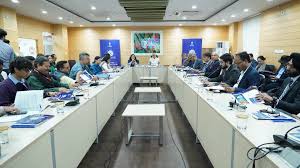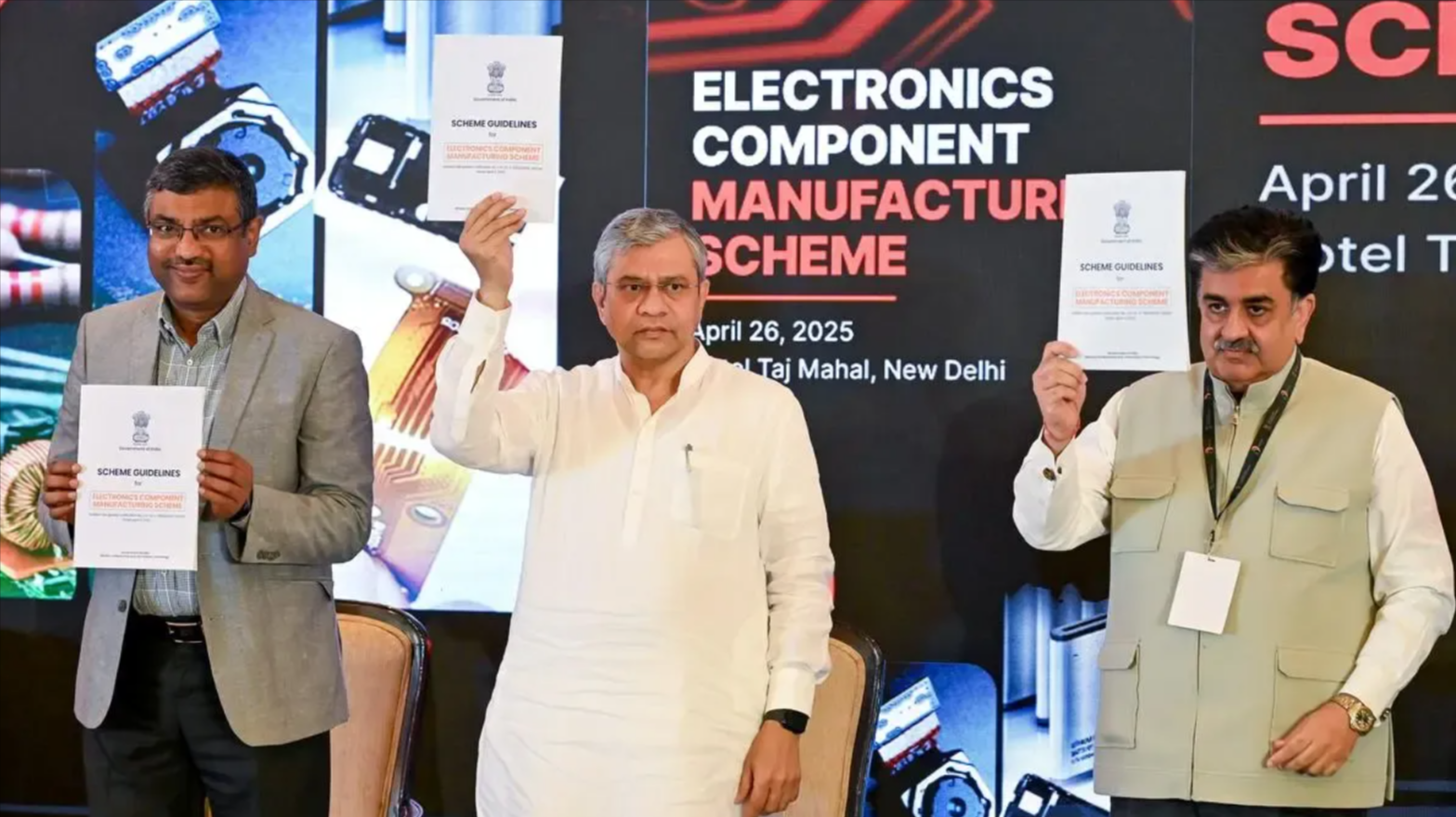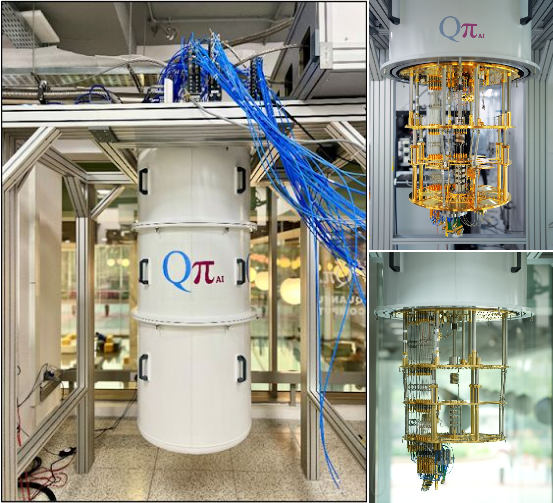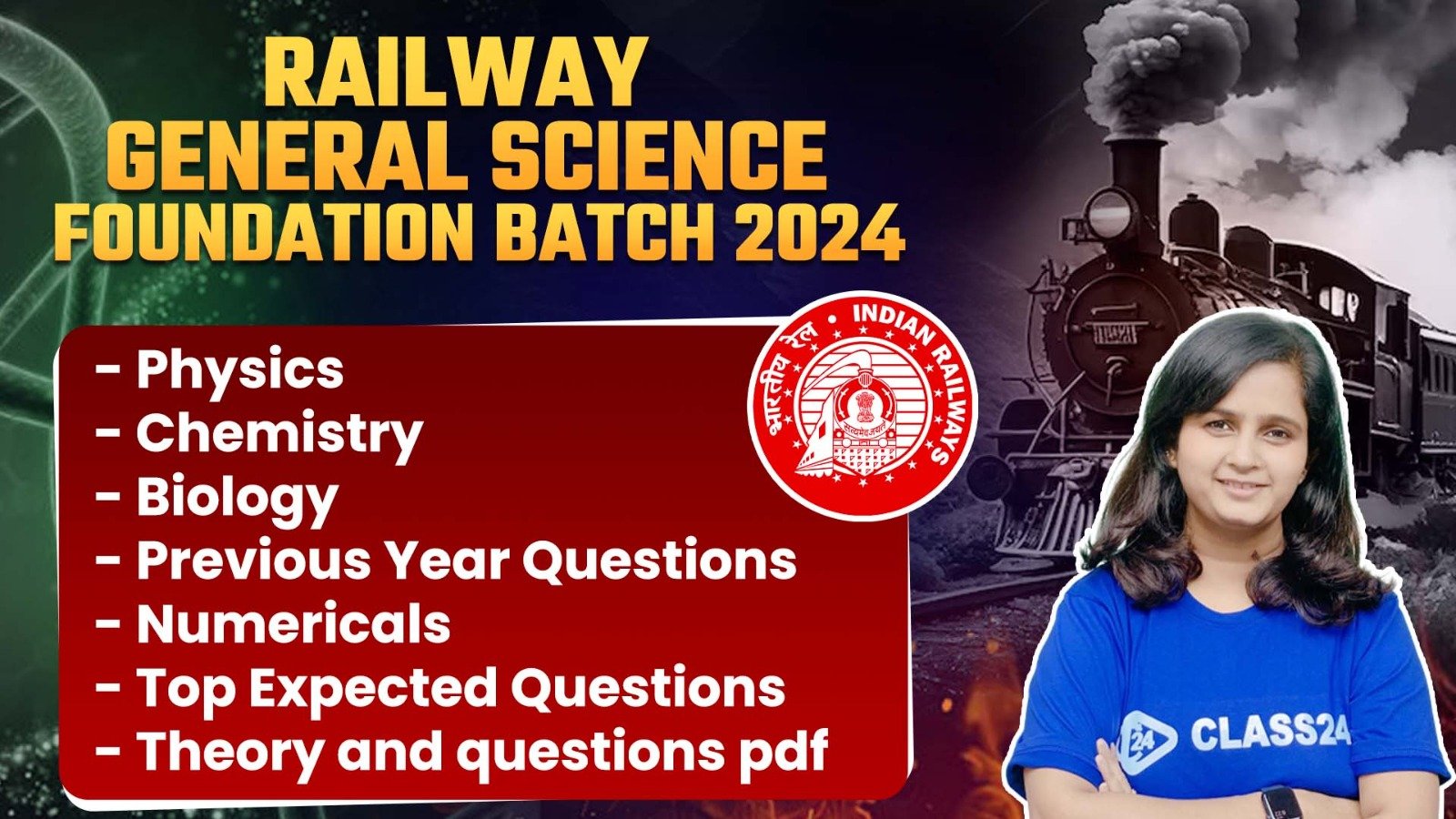
The path toward becoming a developed nation (Viksit Bharat) by 2047 has reached its defining point in Indian history. This visionary goal requires systematic changes across all parts of society and economic sectors to succeed. India needs to actively welcome Frontier Technologies because they continue developing at a remarkably quick rate. Strategic investments toward research together with innovation and worldwide partnerships will help position India as a leader in modern technological developments.
NITI Aayog’s Frontier Tech Hub: A Catalyst for Transformation
-
The NITI Frontier Tech Hub serves as a dedicated Frontier Tech Action Tank developed by NITI Aayog to help India advance toward a Frontier Tech Nation status.
Key Objectives of NITI-FTH:
-
The goal is to make India prepared for frontier technology innovation which will fuel both economic and societal development to reach Viksit Bharat.
-
The organization functions through technology solutions that combine human needs with environmental preservation.
-
The organization seeks expertise from industry professionals and academic specialists and government officials for observing technological trends alongside their effects on India.
-
Leadership in emerging technologies requires the development of action plans and recommendations from India.
-
Through NITI-FTH collaboration with the Data Security Council of India this organization issued a strategic paper about Quantum Computing alongside its national security implications and strategic readiness recommendations.
-
A national-level paper demonstrates how quantum computing evolves quickly while exploring its security impacts and required strategic actions that India needs to preserve its technological advantage.
Quantum Computing: Transforming the Future
The scientific function of quantum computing operates at atomic and subatomic scales to apply quantum mechanical laws. The binary system of 0s and 1s which classical computers utilize does not apply to quantum computers since these systems instead operate through quantum bits (qubits) that simultaneously inhabit multiple states because of superposition and interference together with entanglement principles.
Key Principles of Quantum Computing:
|
Principle |
Description |
|
Superposition |
Qubits can exist in both 0 and 1 states simultaneously, enabling massive parallel computation. |
|
Quantum Entanglement |
Two qubits can be entangled, meaning their states are instantaneously correlated regardless of distance. This enables faster and more secure data processing. |
|
Quantum Interference |
The wave-like nature of qubits causes interference effects, optimizing the probability of obtaining correct solutions in quantum algorithms. |
|
Quantum Tunneling |
Particles can bypass energy barriers, enabling more efficient computations in quantum hardware. |
Quantum Computer Hardware:
-
The fundamental unit of quantum computing called qubits originates from three main sources:
-
The technology utilizes superconducting circuits which require conditions of extreme cold temperatures.
-
Trapped ions (manipulated using lasers).
-
Diamond defects (offering stability at room temperature).
-
Quantum logic gates emulate classical logic gates through mechanisms that operate based on quantum attributes.
-
Classical vs. Quantum Computing:
|
Parameter |
Classical Computing |
Quantum Computing |
|
Basic Unit |
Binary Bit (0 or 1) |
Qubit (0, 1, or Superposed) |
|
Parallelism |
Sequential Processing |
Massive Parallelism via Superposition |
|
Hardware |
Silicon Chips |
Cryogenic Quantum Processors |
|
Programming |
Step-by-Step Instructions |
Quantum Interference for Probabilistic Solutions |
|
Speed |
Limited by Transistor Density |
Exponential Speed Gains in Specific Applications |
|
Security |
Vulnerable to Classical Encryption Breaks |
Quantum Cryptography Ensures Unbreakable Security |
Quantum Supremacy and Global Developments
-
Quantum supremacy represents the moment when quantum computers achieve better problem-solving performance than modern classical computers work at their peak operational capacity.
-
The Sycamore 53-qubit machine operated by Google in 2019 completed an algorithm/task that a conventional supercomputer would require 10,000 years to complete within 200 seconds.
-
The QUESS satellite from China established successful operations for quantum key distribution (QKD) systems which provide secure communications.
Applications of Quantum Computing:
-
Quantum computing provides the ability to transform various industries through its technological innovations.
-
The Grover’s algorithm enables database search operations to become exponentially faster through its application.
-
Drug Discovery & Healthcare: Simulating molecular interactions for new drug formulations.
-
Artificial Intelligence: Enhancing machine learning capabilities.
-
Finance sector benefits from portfolio optimization service linked with risk assessment along with economic forecasting tools.
-
The implementation of quantum encryption protects users from cyber security risks.
-
NASA applies quantum computing technology for creating detailed simulations which assist in analyzing global climate changes.
-
The automotive field works to create improved battery components together with enhanced fuel-efficient models.
Challenges and Limitations:
-
Several obstacles block the path of quantum computing progress despite its theoretical benefits.
-
The operational devices need stable operating zones which include temperatures approaching absolute zero.
-
Quantum information disperses too rapidly between system preparations (IBM documented 47 microseconds within their 27-qubit platform).
-
Different models of quantum computing including superconducting and ion-trap and photonic systems operate without established standardized criteria.
-
Scalability: Current systems (Intel’s 49-qubit chip) need millions of qubits for real-world applications.
Quantum Computing in India: Accelerating Indigenous Efforts
-
India's government works on quantum computing development to reinforce national defense operations and achieve economic expansion.
-
Budget 2023 allocated a total of ₹6,000 crore amounting to $800 million as funding for the National Mission on Quantum Computing and Technology which will receive support over five years.
-
The National Qualifier Test from TCS (2023) serves as the first multinational examination for testing quantum computing competencies across the country.
-
MeitY Initiatives: Established Quantum Computing Applications Lab on AWS Cloud for research.
-
Indian Institute of Science (IISc) works on creating a Quantum Technologies and Application Centre dedicated to research activities.
-
IIT Madras established the Centre for Quantum Information, Communication, and Computing to generate secure communication technologies.
Conclusion
The global industry stands on the verge of a revolution through quantum computing and India continues making investment decisions to become a front-runner in this transformative technology at the global scale. Through national initiatives and the Frontier Tech Hub established by NITI Aayog India prepares its future quantum readiness which leads to technological innovation while enhancing economic growth and security measures.
The current research investments along with advanced infrastructure together with international partnerships will establish India as a leading force in Frontier Technologies by creating the next era of computing.



 EOS-09 Satellite to be Launched on 18th May to enhance India’s Border Monitoring
EOS-09 Satellite to be Launched on 18th May to enhance India’s Border Monitoring Mithridatism and the Quest for Universal Antivenoms: Ancient Practice Meets Modern Science
Mithridatism and the Quest for Universal Antivenoms: Ancient Practice Meets Modern Science Starlink’s India Challenge: Balancing Innovation, Security, and Sovereignty
Starlink’s India Challenge: Balancing Innovation, Security, and Sovereignty Scientists Discover a New Organism that Conducts Electricity: A Breakthrough in Bioelectronics
Scientists Discover a New Organism that Conducts Electricity: A Breakthrough in Bioelectronics ISRO Successfully Conducts Second Short Hot Test of Semicryogenic Engine
ISRO Successfully Conducts Second Short Hot Test of Semicryogenic Engine Sarvam AI Selected to Build India’s First Homegrown Sovereign AI Model Under IndiaAI Mission
Sarvam AI Selected to Build India’s First Homegrown Sovereign AI Model Under IndiaAI Mission IIA Achieves Breakthrough in Measuring Helium Abundance in the Sun
IIA Achieves Breakthrough in Measuring Helium Abundance in the Sun QpiAI Launches India’s First Full-Stack Quantum Computer, QpiAI-Indus, on World Quantum Day
QpiAI Launches India’s First Full-Stack Quantum Computer, QpiAI-Indus, on World Quantum Day ISRO to Send Tardigrades on Axiom-4 Mission: A Step Towards Advancing Space Research
ISRO to Send Tardigrades on Axiom-4 Mission: A Step Towards Advancing Space Research TERI's Nano Sulphur Breakthrough in Mustard Cultivation
TERI's Nano Sulphur Breakthrough in Mustard Cultivation






